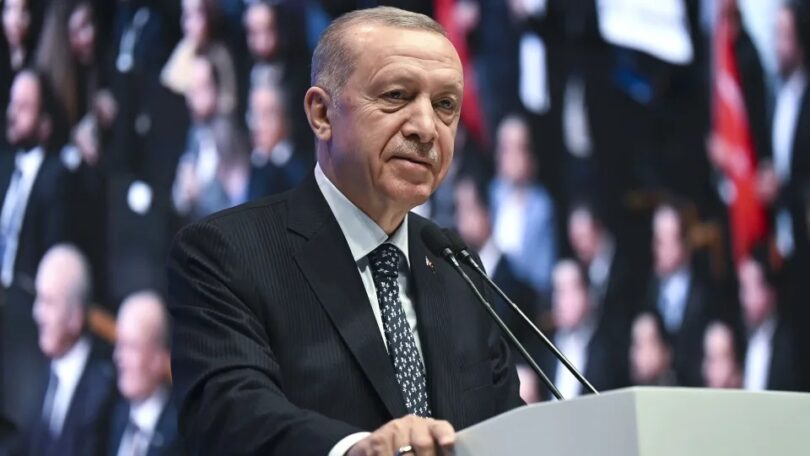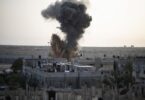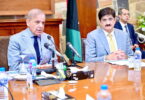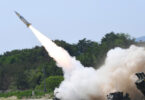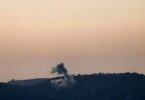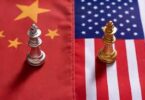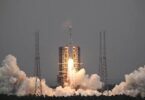ANKARA (CNN): Turkish President Recep Tayyip Erdogan largely canceled two days of campaigning as crucial elections loom after he fell ill during a live televised interview.
Tuesday’s interview with the president – who is facing a battle to retain power in next month’s vote – was cut during the middle of a question, with Erdogan later returning and saying he had a “serious stomach flu.”
As a result, Erdogan scrapped public events so he could rest, although on Thursday afternoon he appeared via video link for the inauguration of Akkuya nuclear power plant.
Turkey’s government pool feed showed Russian President Vladimir Putin virtually attending the ceremony. Before the ceremony the two men spoke on the telephone, according to the Turkish Presidency’s directorate of communication.
Erdogan thanked Putin for his contributions to the nuclear plant during the conversation, while “developments in the Russia-Ukraine war and the work on the grain agreement were also discussed,” according to a statement.
“Russian President Putin also conveyed his best wishes to President Erdogan,” the statement added.
“No amount of disinformation can dispute the fact that the Turkish people stand with their leader and @RTErdogan and his AK Party are set to win the May 14 elections,” the presidency’s Communications Director Fahrettin Altun said on Twitter.
His tweet included social media images, of which some suggested that Erdogan was critically ill in hospital having suffered a myocardial infarction.
Perhaps the most important election in Turkey’s modern history, the vote comes just months after a deadly earthquake rocked the country’s southeast on February 6, killing more than 50,000 people there and in neighboring Syria. It also falls amid soaring inflation and a currency crisis that last year saw nearly 30% slashed off the lira’s value against the dollar.
Erdogan, 69, is hoping to extend his power well into a third decade but it is far from a political certainty.
In a key setback to the Turkish president and leader of the Justice and Development Party (AK Party), the pro-Kurdish Peoples’ Democratic Party (HDP) last month announced that it would not put forward its own presidential candidate, a move analysts say allows its supporters to vote for Erdogan’s main rival, head of the Republican People’s Party (CHP) Kemal Kilicdaroglu.
Kilicdaroglu, who represents the six-party Nation Alliance opposition bloc, is the strongest contender to run against Erdogan in years. And while the HDP hasn’t yet announced whether it will put its weight behind him, analysts say it is the kingmaker in the elections.
Kurds are the biggest minority in Turkey, making up between 15% and 20% of the population, according to Minority Rights Group International.

